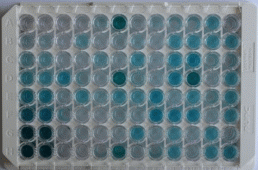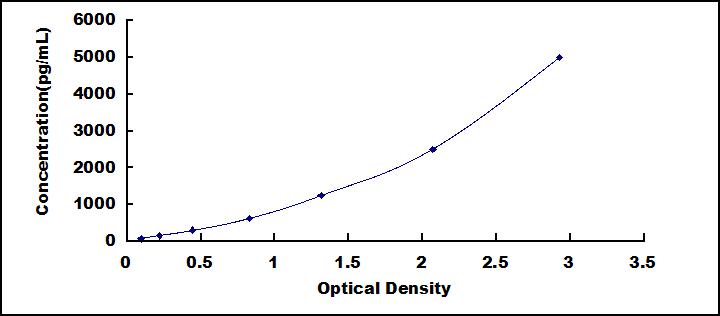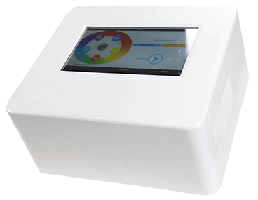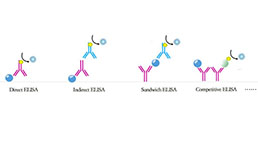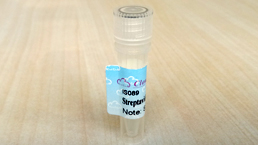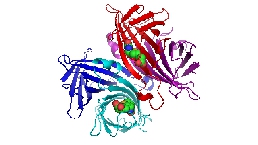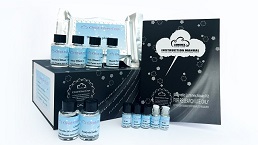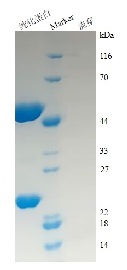Packages (Simulation)

Reagent Preparation

Image (I)
Image (II)
Certificate


ELISA Kit for Asprosin (Asp)
- Product No.SEA332Mu
- Organism SpeciesMus musculus (Mouse) Same name, Different species.
- Sample TypeSerum, plasma, tissue homogenates, cell lysates, cell culture supernates and other biological fluids
- Test MethodDouble-antibody Sandwich
- Assay Length3h
- Detection Range78-5,000pg/mL
- SensitivityThe minimum detectable dose of this kit is typically less than 32pg/mL.
- DownloadInstruction Manual
- UOM 48T96T 96T*5 96T*10 96T*100
- FOB
US$ 454
US$ 648
US$ 2916
US$ 5508
US$ 45360
For more details, please contact local distributors!
Specificity
This assay has high sensitivity and excellent specificity for detection of Asprosin (Asp).
No significant cross-reactivity or interference between Asprosin (Asp) and analogues was observed.
Recovery
Matrices listed below were spiked with certain level of recombinant Asprosin (Asp) and the recovery rates were calculated by comparing the measured value to the expected amount of Asprosin (Asp) in samples.
| Matrix | Recovery range (%) | Average(%) |
| serum(n=5) | 97-105 | 101 |
| EDTA plasma(n=5) | 80-103 | 81 |
| heparin plasma(n=5) | 78-105 | 93 |
Precision
Intra-assay Precision (Precision within an assay): 3 samples with low, middle and high level Asprosin (Asp) were tested 20 times on one plate, respectively.
Inter-assay Precision (Precision between assays): 3 samples with low, middle and high level Asprosin (Asp) were tested on 3 different plates, 8 replicates in each plate.
CV(%) = SD/meanX100
Intra-Assay: CV<10%
Inter-Assay: CV<12%
Linearity
The linearity of the kit was assayed by testing samples spiked with appropriate concentration of Asprosin (Asp) and their serial dilutions. The results were demonstrated by the percentage of calculated concentration to the expected.
| Sample | 1:2 | 1:4 | 1:8 | 1:16 |
| serum(n=5) | 90-99% | 95-102% | 90-99% | 79-105% |
| EDTA plasma(n=5) | 97-104% | 79-101% | 78-99% | 83-103% |
| heparin plasma(n=5) | 95-105% | 84-95% | 85-99% | 87-101% |
Stability
The stability of kit is determined by the loss rate of activity. The loss rate of this kit is less than 5% within the expiration date under appropriate storage condition.
To minimize extra influence on the performance, operation procedures and lab conditions, especially room temperature, air humidity, incubator temperature should be strictly controlled. It is also strongly suggested that the whole assay is performed by the same operator from the beginning to the end.
Reagents and materials provided
| Reagents | Quantity | Reagents | Quantity |
| Pre-coated, ready to use 96-well strip plate | 1 | Plate sealer for 96 wells | 4 |
| Standard | 2 | Standard Diluent | 1×20mL |
| Detection Reagent A | 1×120µL | Assay Diluent A | 1×12mL |
| Detection Reagent B | 1×120µL | Assay Diluent B | 1×12mL |
| TMB Substrate | 1×9mL | Stop Solution | 1×6mL |
| Wash Buffer (30 × concentrate) | 1×20mL | Instruction manual | 1 |
Assay procedure summary
1. Prepare all reagents, samples and standards;
2. Add 100µL standard or sample to each well. Incubate 1 hours at 37°C;
3. Aspirate and add 100µL prepared Detection Reagent A. Incubate 1 hour at 37°C;
4. Aspirate and wash 3 times;
5. Add 100µL prepared Detection Reagent B. Incubate 30 minutes at 37°C;
6. Aspirate and wash 5 times;
7. Add 90µL Substrate Solution. Incubate 10-20 minutes at 37°C;
8. Add 50µL Stop Solution. Read at 450nm immediately.
GIVEAWAYS
INCREMENT SERVICES
| Magazine | Citations |
| Peptides | Asprosin in umbilical cord of newborns and maternal blood of gestational diabetes, preeclampsia, severe preeclampsia, intrauterine growth retardation and … |
| Annals of Nutrition and Metabolism | Serum Asprosin Concentrations Are Increased and Associated with Insulin Resistance in Children with Obesity Pubmed: 31775140 |
| Endokrynologia Polska | Investigation of plasma asprosin and saliva levels in newly diagnosed type 2 diabetes mellitus patients treated with metformin Pubmed: 32944923 |
| International Journal of Endocrinology | Serum Levels of Asprosin, a Novel Adipokine, Are Significantly Lowered in Patients with Acromegaly 33414826 |
| Naunyn Schmiedebergs Arch Pharmacol | Asprosin, a Novel Therapeutic Candidate for Painful Neuropathy: An Experimental Study in Mice 34985531 |
| Gen Comp Endocrinol | Asprosin modulates testicular functions during ageing in mice Pubmed:35413306 |
| Catalog No. | Related products for research use of Mus musculus (Mouse) Organism species | Applications (RESEARCH USE ONLY!) |
| SEA332Mu | ELISA Kit for Asprosin (Asp) | Enzyme-linked immunosorbent assay for Antigen Detection. |
| MEA332Mu | Mini Samples ELISA Kit for Asprosin (Asp) | Enzyme-linked immunosorbent assay for Antigen Detection. |
| LMA332Mu | Multiplex Assay Kit for Asprosin (Asp) ,etc. by FLIA (Flow Luminescence Immunoassay) | FLIA Kit for Antigen Detection. |

